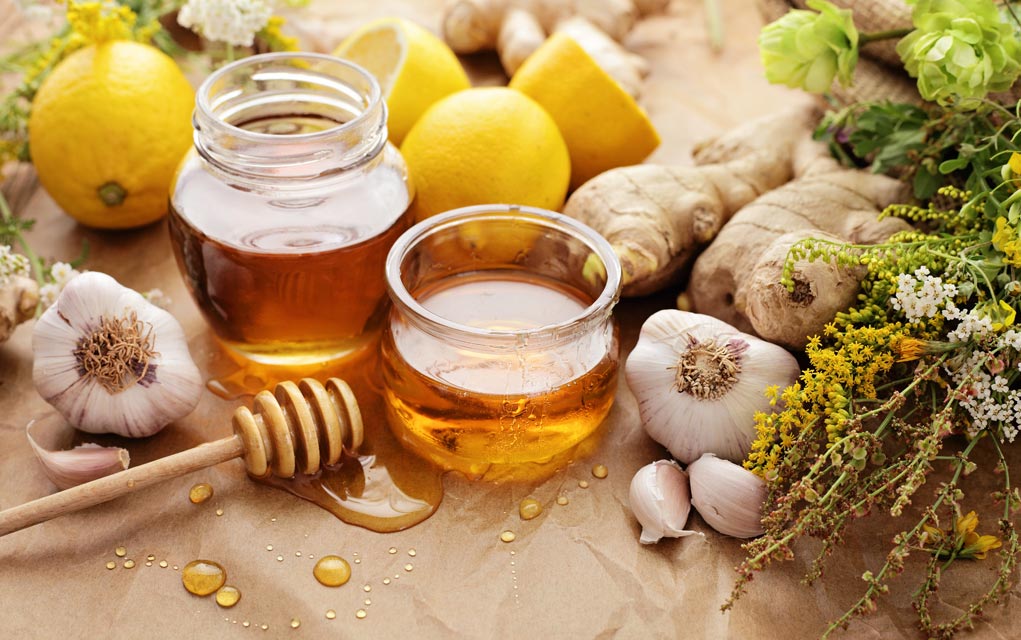(Modern Survival.org) – Which of these is an ailment that can benefit from the use of honey?
- Acid Reflux
- Sore Throat
- Minor Wounds
- All of the Above
Answer: All of the Above. Here’s why…
For those who have researched long-term food storage, honey is one of those items that is as good as gold. For one, honey has an incredibly long shelf life, removing the need to carefully track its expiration date. Secondly, it is a natural sweetener that can provide a nice morale boost when one is living off of rice and beans in the aftermath of a SHTF scenario.
While both of these reasons are more than enough to warrant making room in the pantry for a stockpile of honey, the best use for it might be closer to the medicine cabinet.
Medicinal Applications for Honey
Honey is delicious, and its near-endless shelf life is amazing. But its medicinal applications really seal the deal for why it should be part of any prepper’s stockpile.
Here are five medicinal uses of honey to consider:
- The most common medicinal use of honey is to treat a sore throat. A spoonful of honey will help to coat the throat and ease discomfort. Lozenges can also be made from honey, similar to store-bought cough drops.
- Studies have shown that honey also works as a cough suppressant as well. Two teaspoons of honey before bed can be as effective as dextromethorphan, the active ingredient in over-the-counter cough medicine.
- Honey has antibacterial properties and has been shown to fight the growth of bacteria during laboratory testing. When applied to an open wound, honey can both prevent and combat bacterial infections. This works for cuts, scrapes, rashes, and even burns.
- When consumed, honey coats the esophagus and stomach. This coating has been shown to help reduce the upward flow of stomach acid, reducing the symptoms of gastroesophageal reflux disease (GERD).
- Honey is said to provide allergy relief. Consuming locally sourced honey daily can help reduce allergens, according to those who swear by the practice. The basic premise is that honey contains trace amounts of flower pollen, which, when consumed, will help build a tolerance to the allergens related to them — similar to how some allergy treatments operate.
While honey could be considered a wonder food, it’s important never to feed it to an infant a year old or younger. Honey can contain botulism spores, and little ones do not have an immune system developed enough to defend against them.
Natural alternatives to modern medicine have grown in popularity in recent years, but not long ago, they were the only means to treat wounds and illness. Should an “end of the world as we know it” event ever come to pass, these time-tested remedies may once again be the only options available.
To see another natural remedy that could ease an upset stomach, check out our article here.
~Here’s to Your Survival!
Copyright 2023, ModernSurvival.org













